Anonymous (American or British, 19th century).
Cobweb valentine, 183040.
Watercolor, cut tissue on board, Diameter: 6 1/2 in.
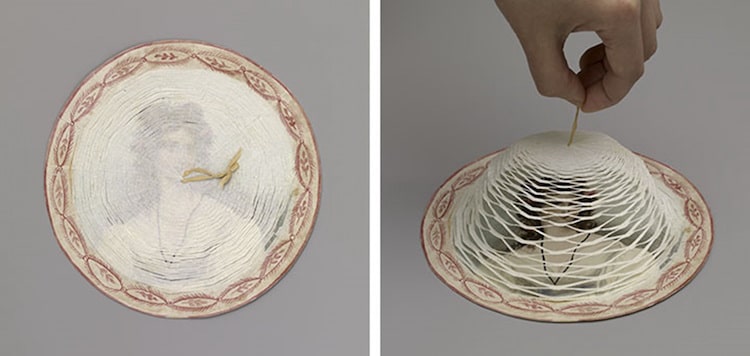
Anonymous (American or British, 19th century). Cobweb valentine, 1830–40. Watercolor, cut tissue on board, Diameter: 6 1/2 in. (16.5 cm). (Photo: The Metropolitan Museum of Art, New York, Gift of Mrs. Richard Riddell, 1981.)
(16.5 cm).
And as such, increasingly intricate cards were developed to help lovers send a special message.
Both handmade and purchased, intricate patterns were carefully cut into a thin piece of paper.
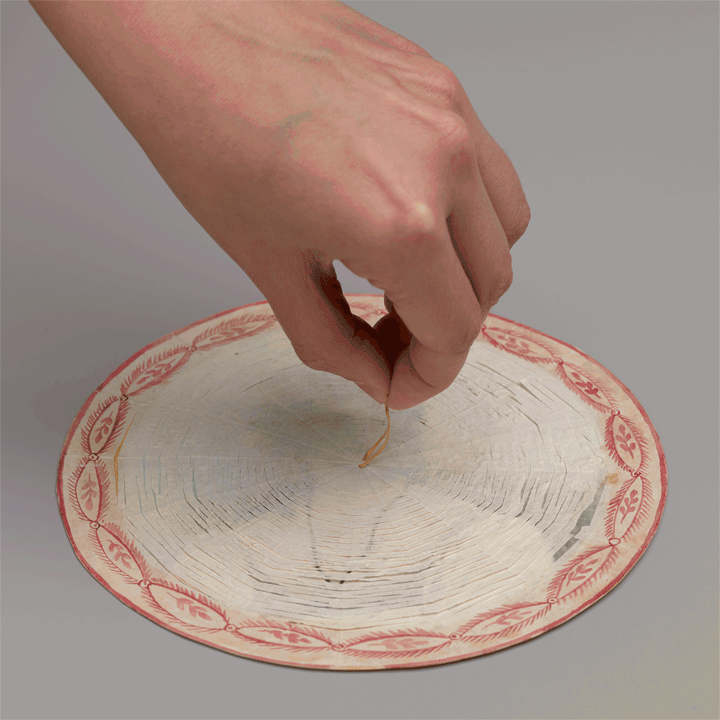
Anonymous (American or British, 19th century). Cobweb valentine, 1830–40. Watercolor, cut tissue on board, Diameter: 6 1/2 in. (16.5 cm). (Photo: The Metropolitan Museum of Art, New York, Gift of Mrs. Richard Riddell, 1981.)
Learn more about the popular Victorian-era movable valentine that combined artistry with paper engineering.
The Romance of Cobweb Valentines
Cobweb valentines were a popular way to say I love you.
It’s estimated that 60,000 were sent during the mid-1800s, particularly in the 1830s and 1840s.

Anonymous (American, 19th century). Cobweb valentine, 1847. Wood engraving, letterpress, and watercolor, Sheet: 10 1/16 x 8 11/16 in. (25.5 x 22 cm). (Photo: The Metropolitan Museum of Art, New York, Gift of Mrs. Richard Riddell, 1981.)
At first glance, these cards looked like two-dimensional illustrations on cameo-embossed paper.
Although elaborate, it appeared that was it.
But, the attached string would change things.
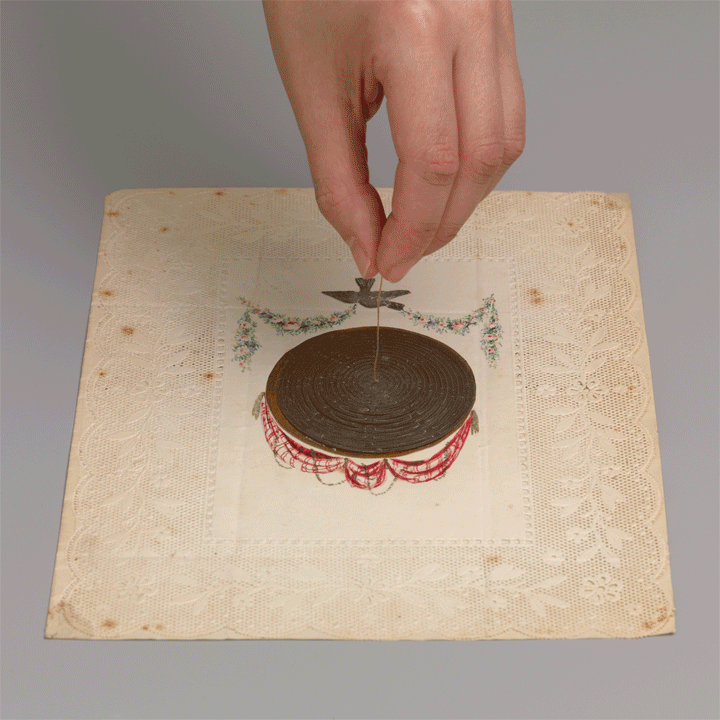
Photo: The Metropolitan Museum of Art
So, how did these tokens of affection work?
Thanks to avid collectors, we can use these treasures to remember the cultural traditions of times past.
Examples of Movable Valentines
Anonymous (American, 19th century).
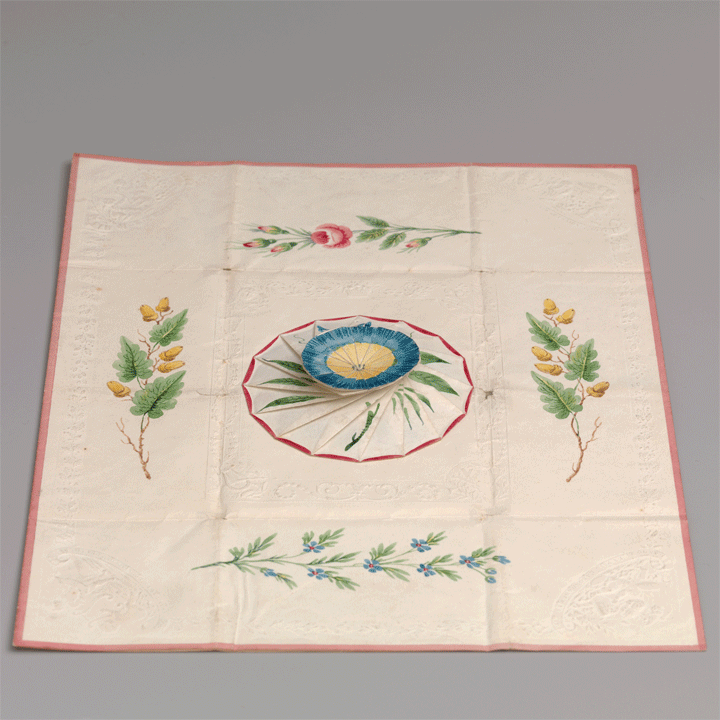
Photo: The Metropolitan Museum of Art
Cobweb valentine, 1847.
Wood engraving, letterpress, and watercolor, Sheet: 10 1/16 x 8 11/16 in.
(25.5 x 22 cm).
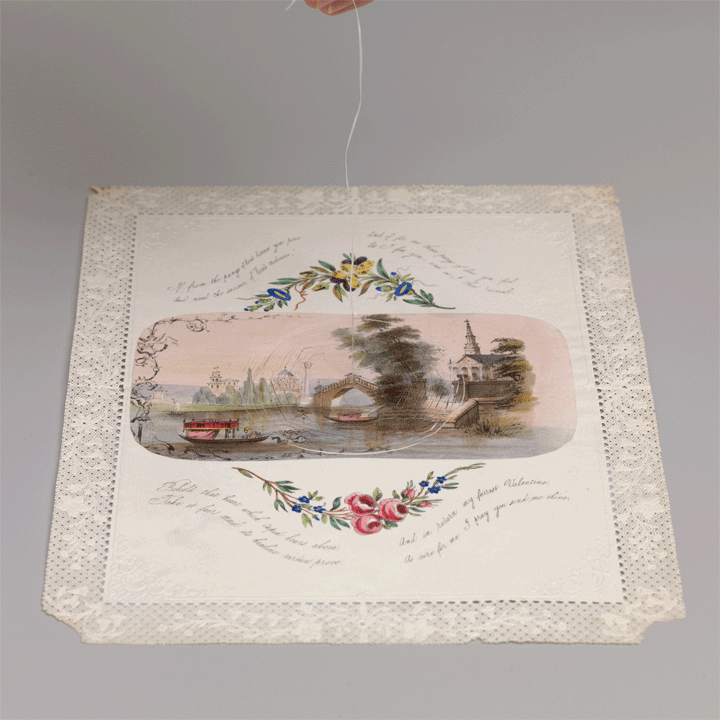
Photo: The Metropolitan Museum of Art